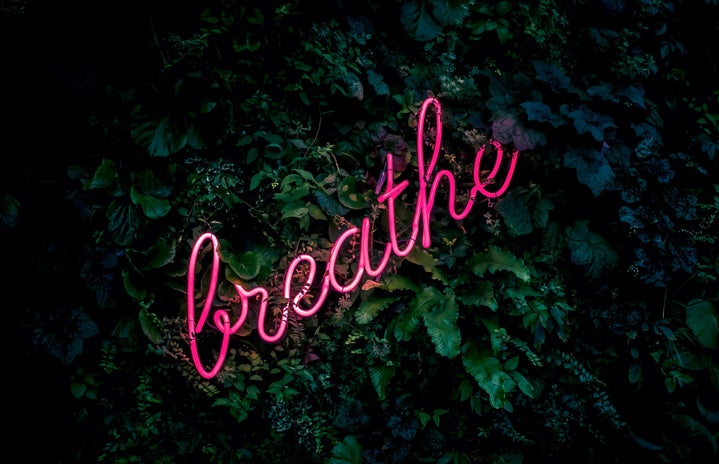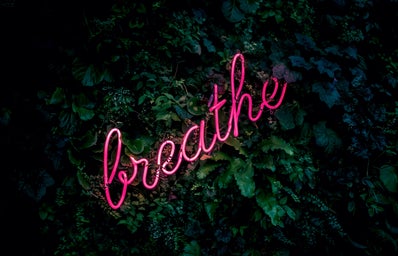The societal focus for self-improvement and productivity includes awarding approval for exercise, studying, steps, skincare and working, but has failed to include one key component, relaxation. There is a lack of encouragement to invest time to replenish, replaced with celebration of those who work until burnout, those who fill every element of their life with what is widely accepted as productive. Surprisingly, for a culture with such a desire for self betterment and productivity, ignoring the need for relaxation, is not an effective way to achieve such goals; it is bizarre that a lifestyle that leads to burnout is championed, when it’s such an unsustainable state to occupy.
The brain is a vital organ, alongside the heart and alongside the liver, kidneys and skin; campaigns, adverts and doctor recommendations to improve the health of these organs are not uncommon. Care for the other organs is ingrained in our culture, lowering cholesterol, alcohol avoidance, water consumption and expensive skin-care routines make up the necessary antidotes and maintenance for these other organs. Yet, there is a significant lack of encouragement to nurture the brain by comparison. So, why is the brain so neglected when it comes to self-care and self-improvement?
Similar to the other organs, neglecting to take care of the brain can lead to further complications, including both physical and mental issues, which may pose more challenges and ultimately resulting in ‘burn out’, or the inability to sustain the completion of goals. So, a wise approach, to sustain the pressures of success, would be to practise the art of relaxation. Just like the other elements necessary for success, spending time on relaxation is an investment; it gives back more energy, to save more time than is spent on relaxation. This is a skill, but a necessary skill to learn because of the multiple benefits properly carried out relaxation may achieve. Health benefits from practising relaxation are in great amounts and the fact that this does not explicitly appear to contribute to ultimate goals, does not mean it is not extremely useful. This is an investment, not necessarily one with instant results nor a very visual change at first, but it is a necessary tool to engage with and one that will improve the completion of other goals.
An explanation of the internal events of the body may contribute to an increased comprehension of its necessity. When relaxed, cortisol, a hormone detrimental to the functioning of the brain is reduced and the body changes from the sympathetic nervous system, to the parasympathetic nervous system. In short, the body transitions from fight-or-flight, to normal and more effective functioning. The brain also releases endorphins, and allows blood circulation to oxygenate the body and improve all round physical functioning. Some examples of its benefits may include increased concentration, improved functioning of the immune system, energy increase and improved sleep. The benefits are endless and dedicating input to relaxation increases the output in all other elements of life, which allows for improved fulfilment of academic, financial or physical success that is generally prioritised.
The methods by which relaxation can be achieved are varied. Popular methods include meditation, mindfulness and engaging in a low-stress enjoyable activity such as a bath, colouring, reading, or listening to music. However, studies show that to reap the most benefits, meditation is the best practise for relaxation. Originating from Buddhist and Hindu teachings, mindfulness is the practise of becoming consciously aware of current emotions and sensations in the present. The process is meant to be approached neutrally; being aware of such experiences, without evaluating them as good or bad. It encourages understanding of the present in order to reduce anxieties of the future, or dwellings of the past. Mindfulness can be carried out through mental thoughts alone, or, for additional visual engagement, using a phone app or writing them down. For the most successful results, mindfulness should be practised everyday and can be particularly useful during moments of heightened anxiety, to combat rising cortisol levels.
You can prioritise the gym, study, steps, social life, but relaxation is just as important and these activities are not maintainable without it. Arguably, it is even more so as it is able to improve quality of life and productivity. There should be no guilt surrounding practising relaxation just because this culture places such an emphasis on burnout as successful. Everyone needs more encouragement to include the process as part of a routine. Take some pride in relaxation, just as you would any other element of your life, because it is productive and it should be rewarded.

